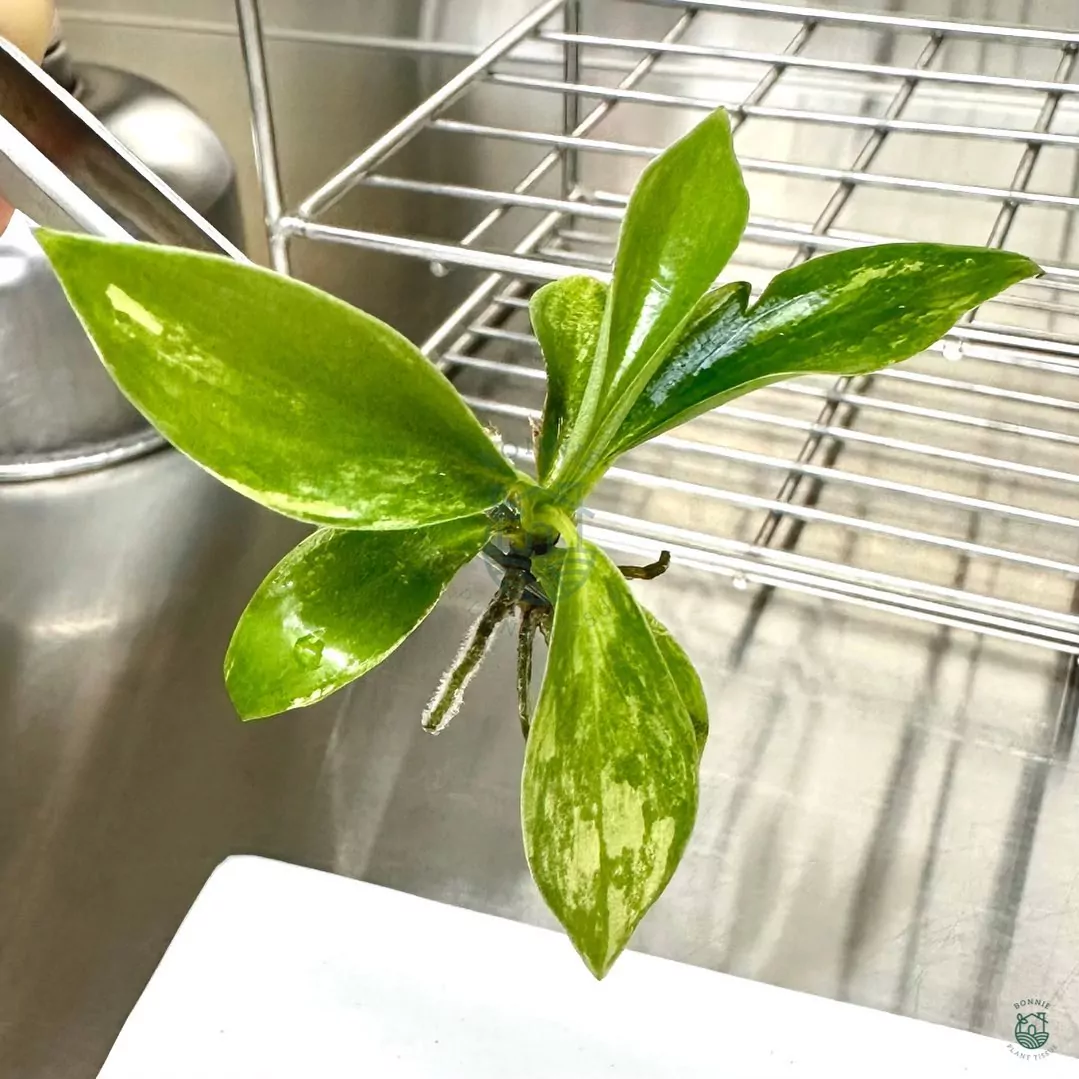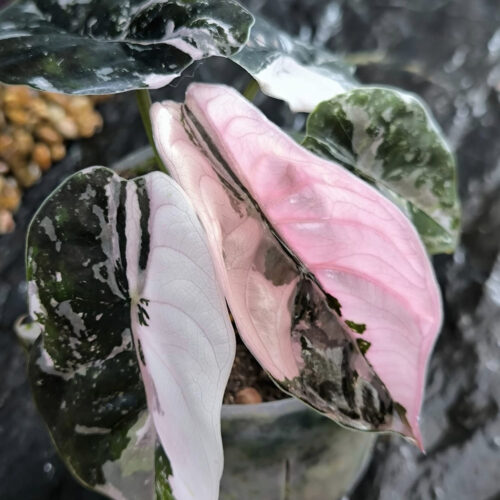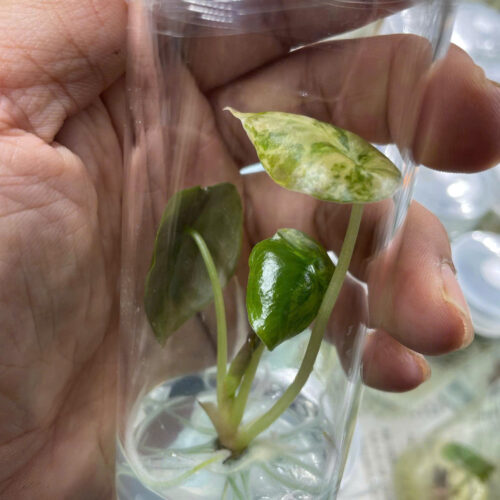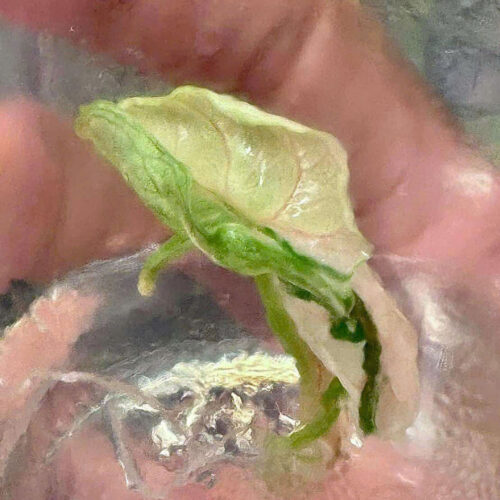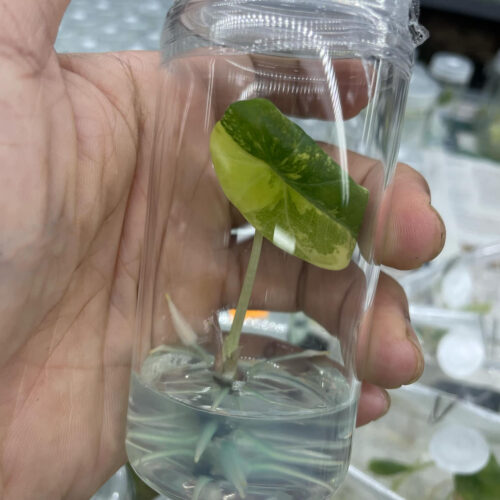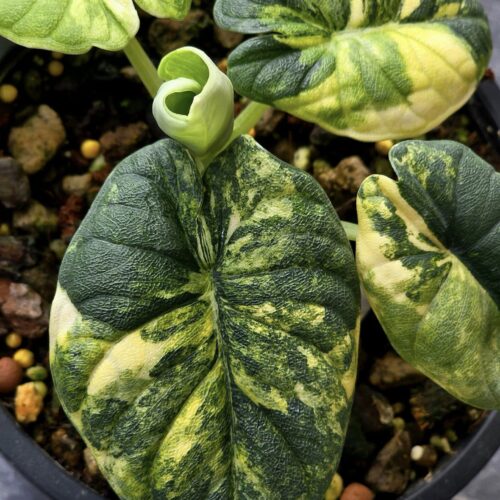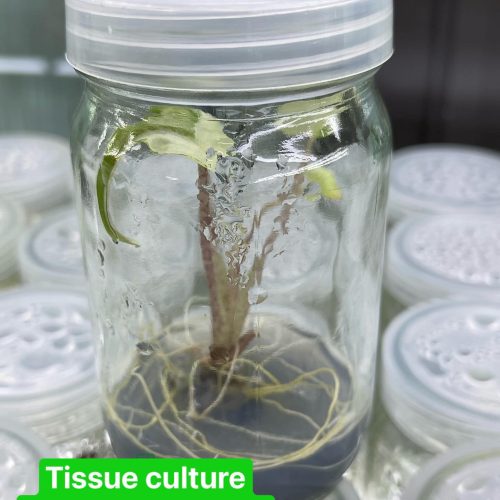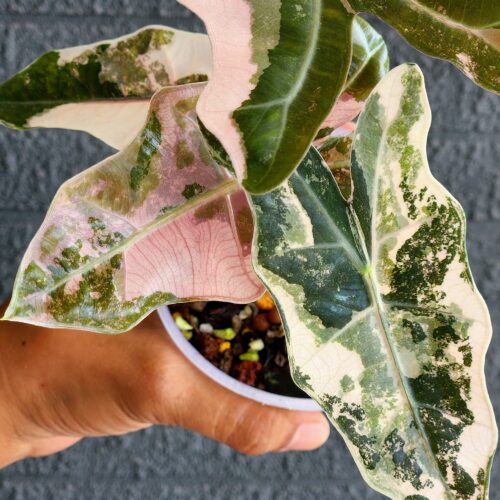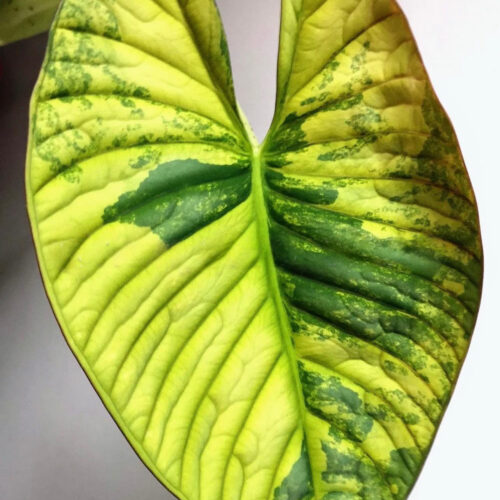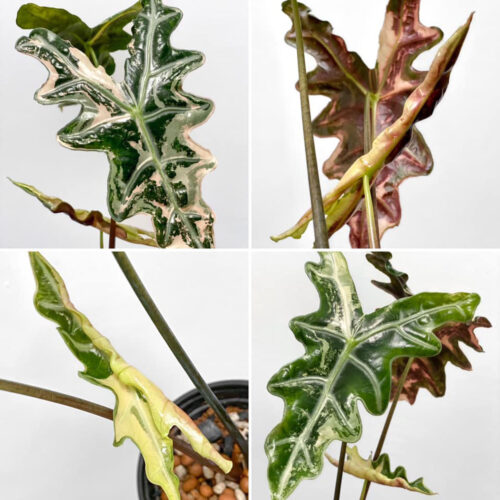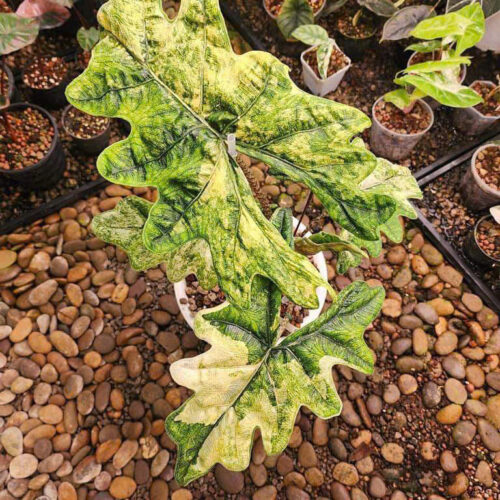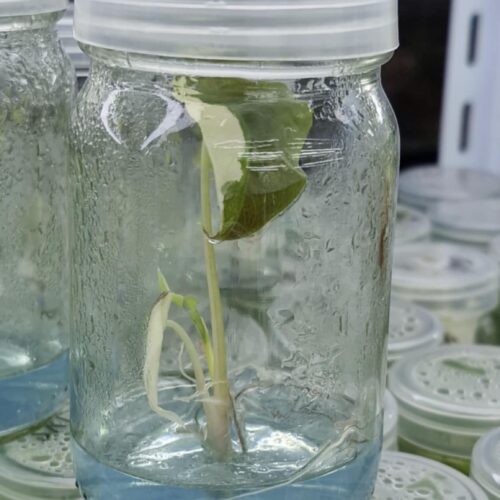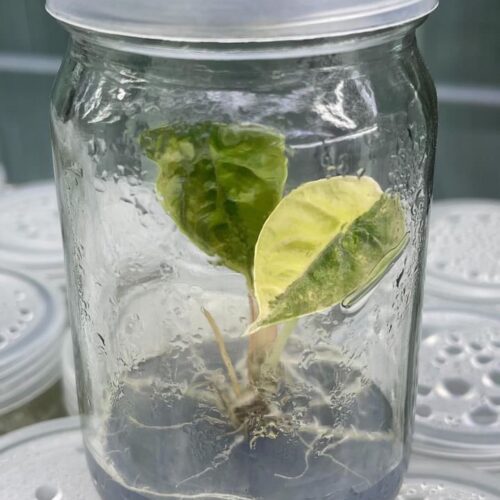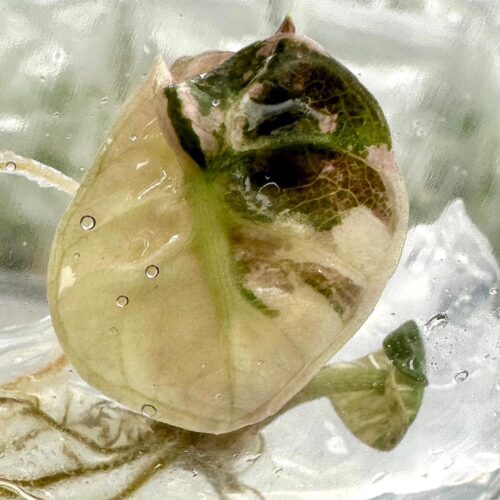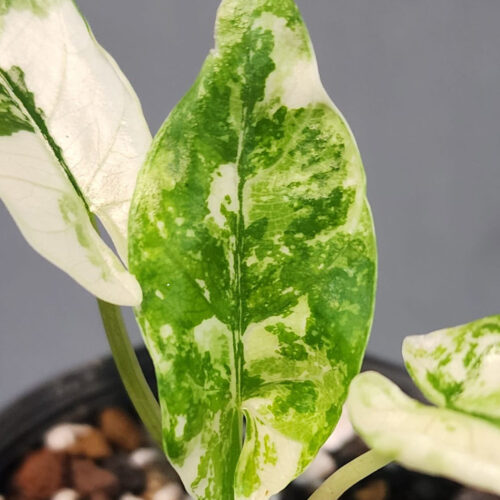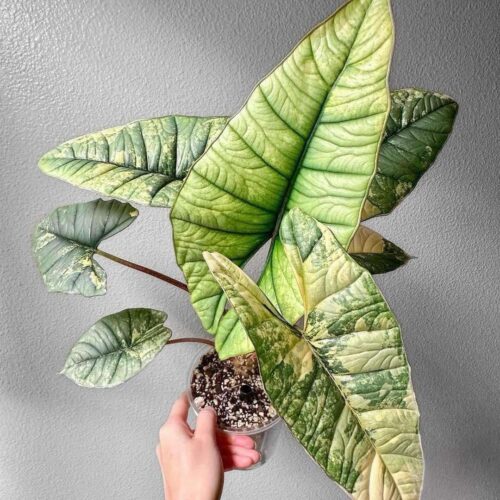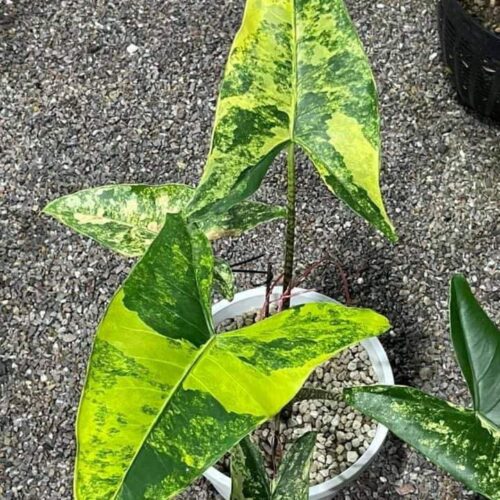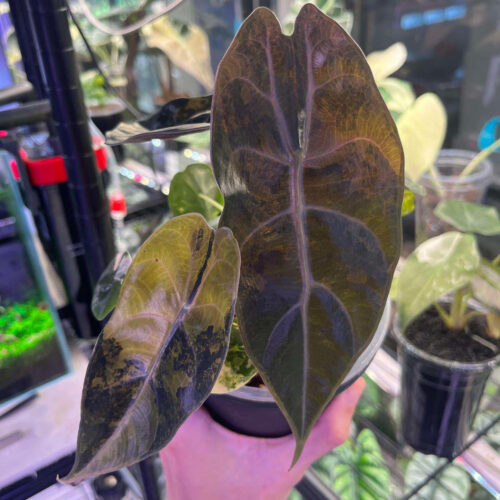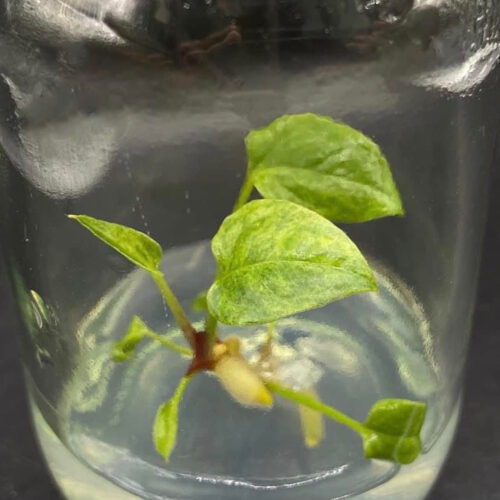Tissue culture plants are grown in a laboratory setting, where the environment is controlled to ensure optimal growth conditions. Fertilizer is an essential component of the growth process, as it provides the necessary nutrients for tissue culture plants to thrive. However, not all fertilizers are suitable for tissue culture plants, and improper use can lead to stunted growth or even death of the plants. In this article, we will discuss the importance of fertilizer for tissue culture plants, types of fertilizers, and the benefits of using the right fertilizer.
Introduction to Tissue Culture Plants
Tissue culture plants are grown in a laboratory setting, where the environment is controlled to ensure optimal growth conditions. Tissue culture is a process that involves growing plant cells, tissues, or organs in a laboratory under controlled conditions. It offers several advantages over traditional plant propagation methods, including the production of large numbers of identical, disease-free plants in a short period. However, tissue culture plants require specific care to establish roots and grow into healthy plants.
Importance of Fertilizer for Tissue Culture Plants
Fertilizer is an essential component of the growth process for tissue culture plants. Tissue culture plants require specific nutrients to grow and thrive, and fertilizers provide these nutrients. Fertilizers contain macronutrients and micronutrients that are necessary for plant growth, such as nitrogen, phosphorus, and potassium. Proper use of fertilizer can help tissue culture plants establish roots, grow faster, and produce healthier plants.
Types of Fertilizers for Tissue Culture Plants
There are various types of fertilizers available for tissue culture plants, including:
Inorganic Fertilizers
Inorganic fertilizers are chemical-based fertilizers that contain synthetic nutrients. They are fast-acting and provide plants with an immediate source of nutrients. However, they can also lead to soil depletion and environmental pollution if not used properly.
Organic Fertilizers
Organic fertilizers are made from natural sources, such as compost, animal manure, and bone meal. They are slow-acting but provide long-term benefits to the soil and plants. Organic fertilizers can improve soil structure, increase water retention, and promote the growth of beneficial microorganisms.
Liquid Fertilizers
Liquid fertilizers are a type of inorganic fertilizer that comes in a liquid form. They are fast-acting and provide an immediate source of nutrients to tissue culture plants. Liquid fertilizers are easy to apply and can be absorbed quickly by the roots.
Slow-Release Fertilizers
Slow-release fertilizers are a type of inorganic fertilizer that releases nutrients slowly over time. They are long-lasting and can provide nutrients to tissue culture plants for several months. Slow-release fertilizers are ideal for plants that require a steady supply of nutrients over an extended period.
Benefits of Using the Right Fertilizer
Using the right fertilizer is critical to the growth and development of tissue culture plants. Benefits of using the right fertilizer include:
- Faster growth and development of tissue culture plants
- Improved root development and establishment
- Increased resistance to pests and diseases
- Consistent and uniform growth of tissue culture plants
- Improved overall plant health and yield
Where to buy Tissue Culture Plants? Benefits from importing plants from Thailand
- Shipping: Door to door shipping, fast and safe with Dragon Courier
- Biodiversity: Thailand is known for its rich biodiversity, including a wide variety of aroid species. This diversity allows importers to access a broad range of unique and exotic aroid plants.
- Quality and Health of Plants: The suitable climate helps the plants grown here stay healthy and of high quality.
- Cost-Effectiveness: Due to favorable growing conditions and efficient production methods, Thai aroid plants can often be more cost-effective compared to those from other countries.
- Access to Hybrid Varieties: Thai growers are often involved in the development of new hybrid aroid varieties, offering unique plants that may not be available from other sources.
Tissue Culture Plants species are the most sought after by aroid plant lovers
Conclusion
In conclusion, fertilizer is an essential component of the growth process for tissue culture plants. Tissue culture plants require specific nutrients to grow and thrive, and fertilizers provide these nutrients. There are various types of fertilizers available for tissue culture plants, including inorganic fertilizers, organic fertilizers, liquid fertilizers, and slow-release fertilizers. Proper use of fertilizer can help tissue culture plants establish roots, grow faster, and produce healthier plants. It is crucial to pay attention to the type and amount of fertilizer used when growing tissue culture plants to ensure their success.
FAQs
- What types of nutrients do tissue culture plants require?
Tissue culture plants require macronutrients and micronutrients, such as nitrogen, phosphorus, and potassium. - What is the difference between inorganic and organic fertilizers?
Inorganic fertilizers are chemical-based, while organic fertilizers are made from natural sources. - What are the benefits of using organic fertilizers for tissue culture plants?
Organic fertilizers can improve soil structure, increase water retention, and promote the growth of beneficial microorganisms. - How often should I fertilize tissue culture plants?
The frequency of fertilization depends on the type of fertilizer used. Always follow the manufacturer’s instructions for proper use. - Can too much fertilizer harm tissue culture plants?
Yes, too much fertilizer can lead to stunted growth or even death of tissue culture plants. It is crucial to use fertilizer in the right amount and at the right time.
Visit our store HERE

